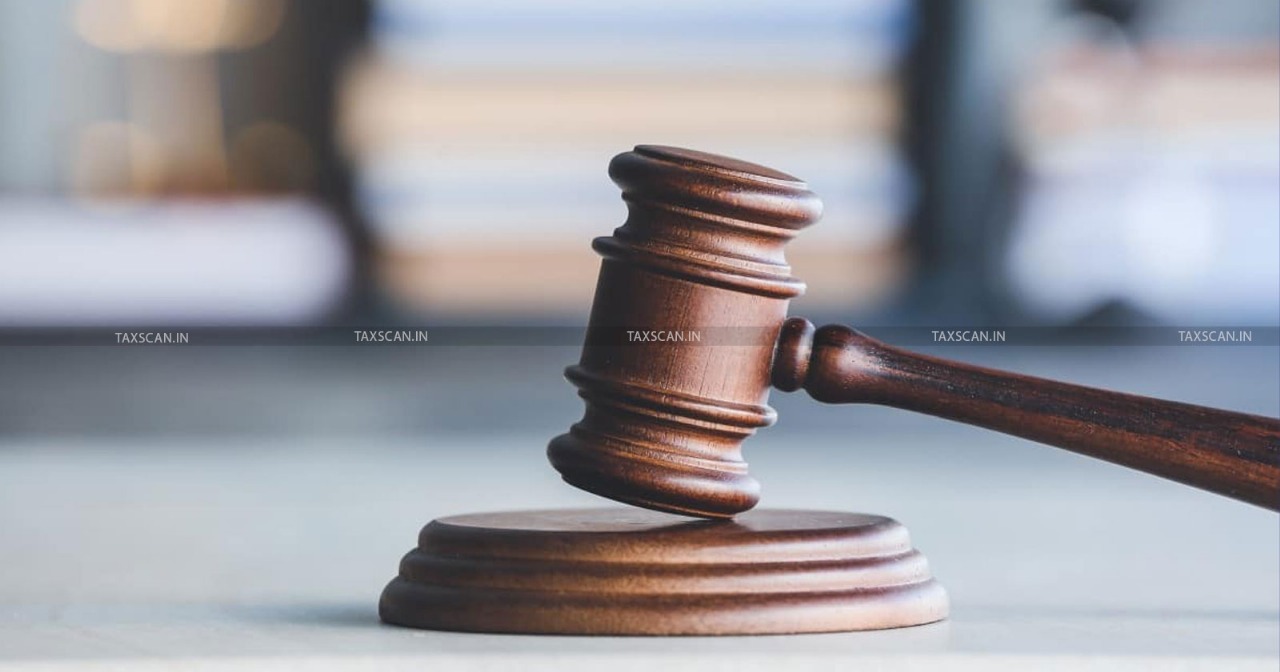Repeated Non-Appearance by Counsel in Bail Hearings Amounts to Professional Misconduct: Allahabad HC [Read Order]
The Allahabad High Court ruled that repeated non-appearance by counsel in bail hearings amounts to professional misconduct and abuse of the judicial process
![Repeated Non-Appearance by Counsel in Bail Hearings Amounts to Professional Misconduct: Allahabad HC [Read Order] Repeated Non-Appearance by Counsel in Bail Hearings Amounts to Professional Misconduct: Allahabad HC [Read Order]](https://images.taxscan.in/h-upload/2025/07/16/2064362-counsel-bail-hearings-professional-misconduct-taxscan.webp)
In a recent ruling, the Allahabad High Court held that repeated non-appearance by a counsel in a bail matter amounts to professional misconduct and misuse of the judicial process.
The court was hearing the bail application of Smt. Pooja, which was ultimately dismissed after the applicant's counsel failed to appear on multiple consecutive dates despite repeated listings of the matter.
 Also Read:GST ITC Reversal: Madras High Court Applies Section 16(5) Relief, Orders Refund to Business Proprietor [Read Order]
Also Read:GST ITC Reversal: Madras High Court Applies Section 16(5) Relief, Orders Refund to Business Proprietor [Read Order]
The bail plea came up before a single bench led by Justice Krishan Pahal. The court observed that the matter had been listed regularly, including on 31 January 2024, 15 February 2024, 1 March 2024, 6 March 2025, and 10 April 2025.
Yet, no one appeared on behalf of the applicant on any of these dates. The absence continued on the final date of hearing, 8 July 2025, prompting the court to examine the conduct of the counsel.
During the hearing, the counsel for the informant informed the court that the trial was nearing conclusion and the accused’s statement under Section 313 Cr.P.C. had already been recorded. The court observed that the persistent absence of the applicant’s counsel without any explanation, showed a lack of interest in prosecuting the matter and amounted to an attempt at bench hunting and forum shopping.
 Also Read:Patna HC Refuses to Interfere in GST Dispute Under Writ Jurisdiction, Cites Availability of Statutory Appeal Before Tribunal [Read Order]
Also Read:Patna HC Refuses to Interfere in GST Dispute Under Writ Jurisdiction, Cites Availability of Statutory Appeal Before Tribunal [Read Order]
The State opposed the bail, and the court expressed serious concern about the impact of such conduct on the integrity of the justice delivery system. Relying on the Supreme Court’s decision in Ishwarlal Mali Rathod v. Gopal (2021), the bench explained that adjournments must not be granted mechanically and that courts have a duty to act against delay tactics that obstruct timely justice.
The court also referred to its earlier ruling in Ashwani Kumar Srivastava v. D. Sen Gupta, which called upon members of the Bar to refrain from participating in frivolous litigation and to use court time responsibly.
The court concluded that the applicant had lost interest in pursuing the bail application and held that the petition had become infructuous. The application was dismissed. The Registrar (Compliance) was directed to communicate the order to the appropriate court or authority without delay.
Support our journalism by subscribing to Taxscan premium. Follow us on Telegram for quick updates


